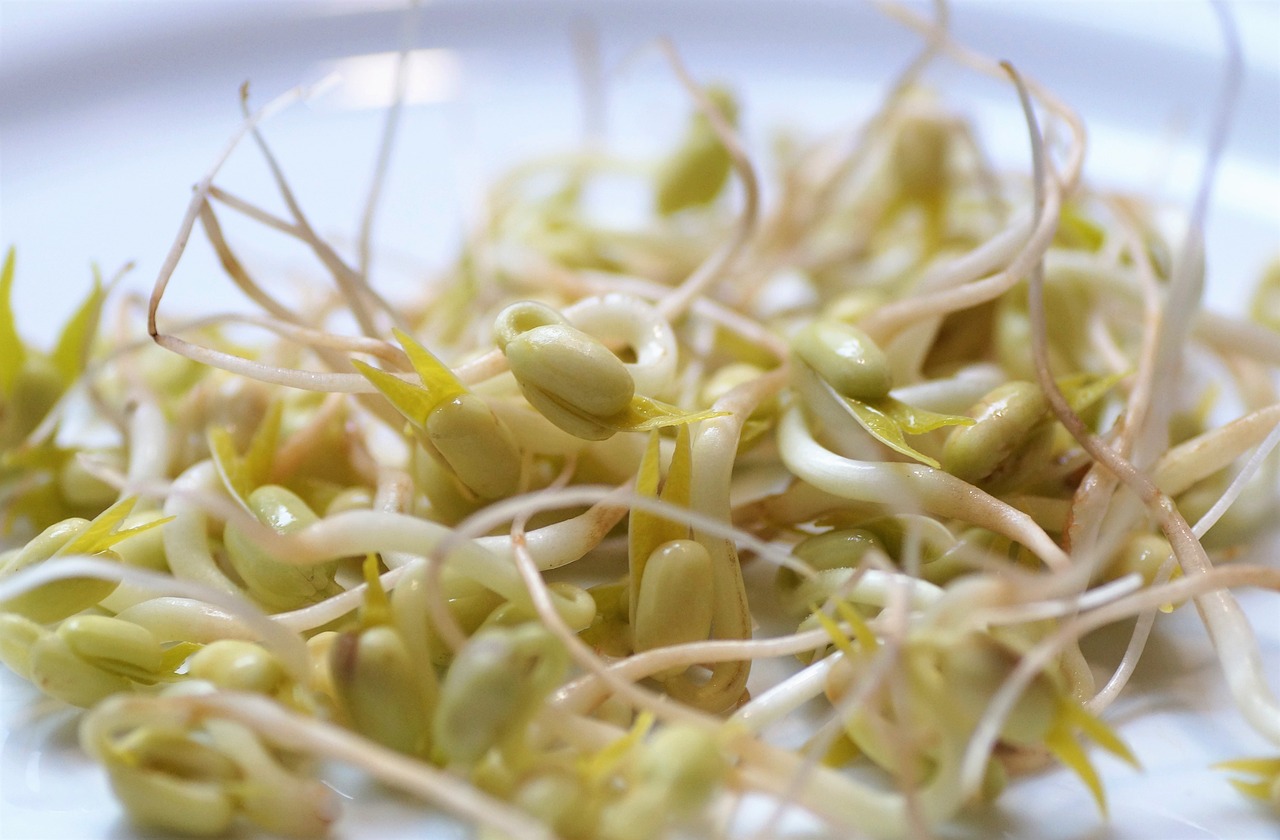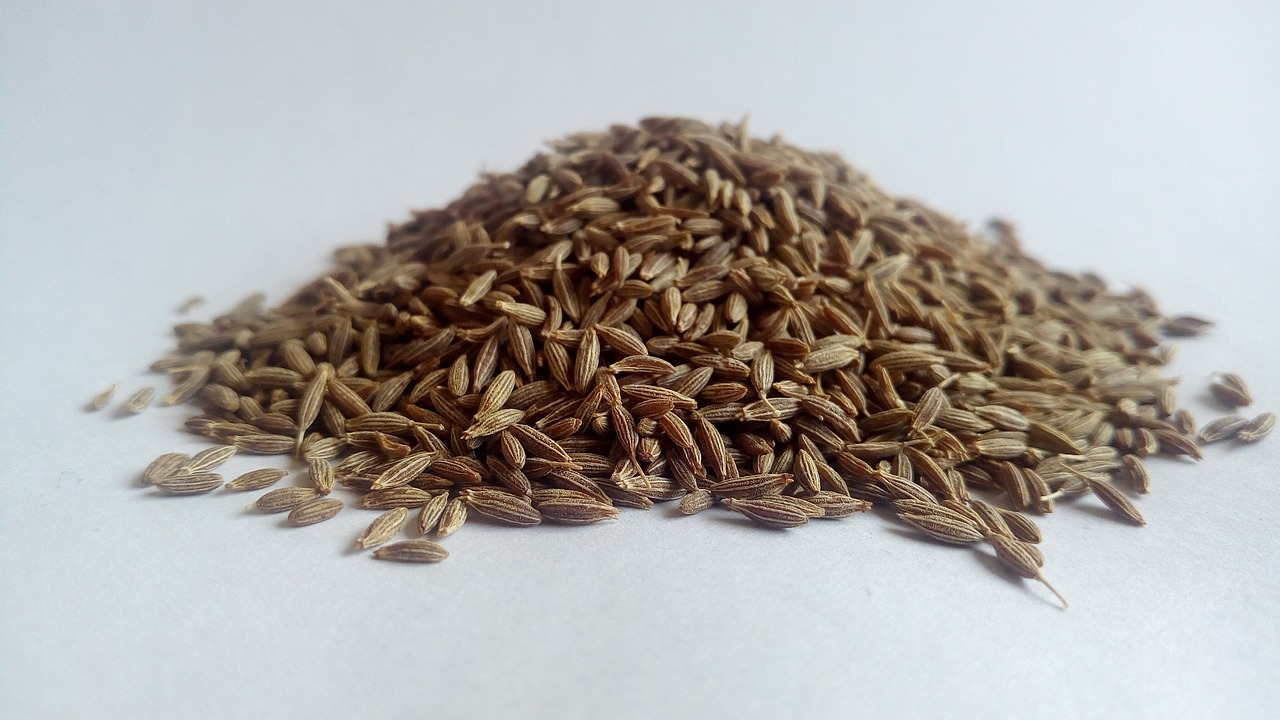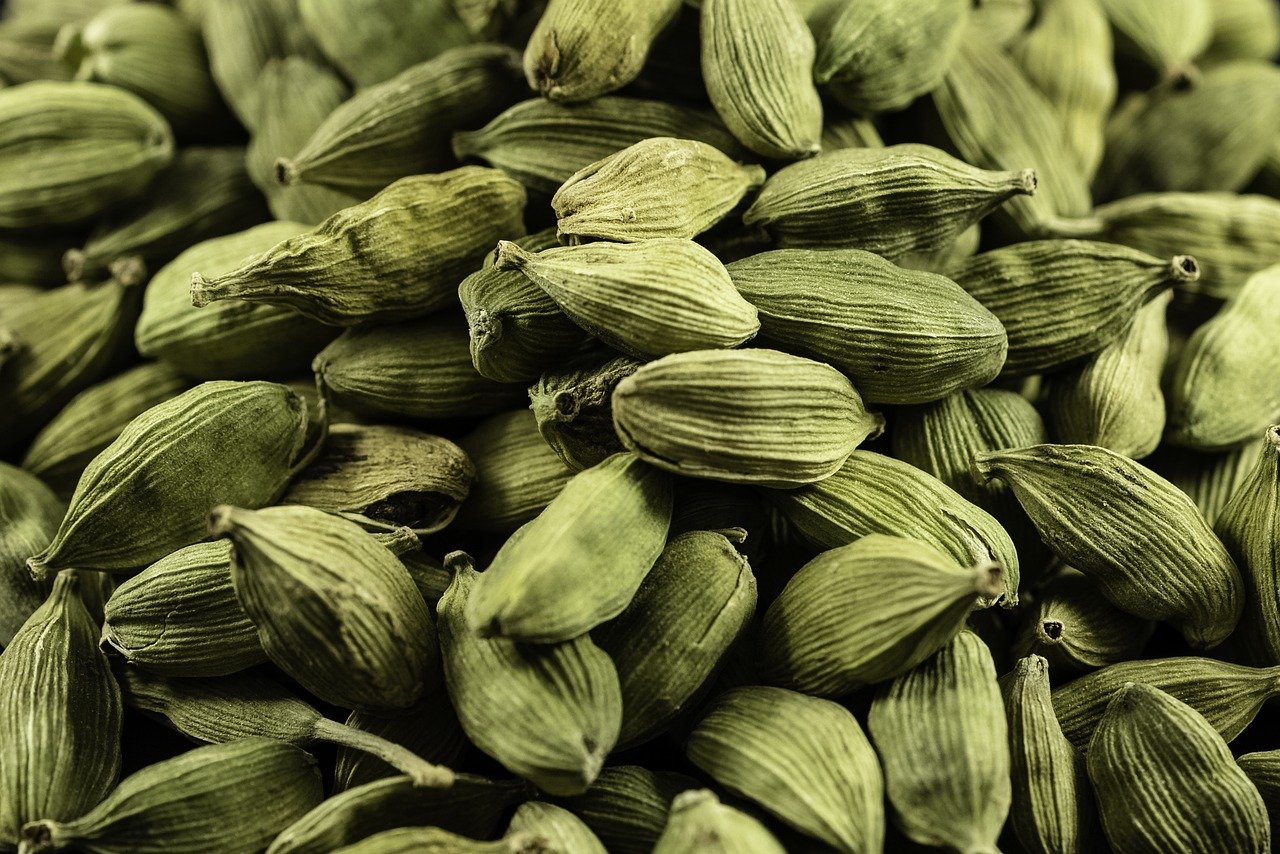Ayurveda, the ancient Indian system of medicine, emphasizes a balanced diet as a key to health and wellness. Incorporating Ayurvedic foods into your daily diet can enhance your physical, mental, and emotional well-being. Here are ten Ayurvedic foods that you can include in your diet for a healthier lifestyle.
1. Turmeric

Definition and Benefits:
Turmeric is a bright yellow spice that has been used in Ayurvedic medicine for thousands of years. Its active compound, curcumin, is known for its potent anti-inflammatory and antioxidant properties, which can help reduce inflammation and combat oxidative stress in the body.
How to Use:
- Add turmeric to curries, soups, or smoothies.
- Drink golden milk by mixing turmeric with warm milk and honey.
2. Ginger

Definition and Benefits:
Ginger is a root known for its strong, spicy flavor and medicinal properties. It aids digestion, alleviates nausea, and reduces inflammation. Ginger contains bioactive compounds like gingerol that contribute to its health benefits.
How to Use:
- Use fresh ginger in teas, stir-fries, or soups.
- Add powdered ginger to baked goods and spice blends.
3. Amla (Indian Gooseberry)

Definition and Benefits:
Amla is a small, green fruit rich in vitamin C and antioxidants. It is revered in Ayurveda for boosting immunity, improving skin and hair health, and supporting digestion. Amla is also believed to enhance vitality and energy.
How to Use:
- Eat fresh amla as a fruit or drink amla juice.
- Use amla powder in smoothies or as a supplement.
4. Ghee (Clarified Butter)

Definition and Benefits:
Ghee is clarified butter rich in healthy fats and has a high smoke point, making it ideal for cooking. In Ayurveda, ghee is valued for improving digestion, supporting brain health, and nourishing the body. It is also considered a rejuvenating and balancing food.
How to Use:
- Use ghee for cooking or as a spread on bread and chapatis.
- Add ghee to hot rice or dal for a rich flavor.
5. Tulsi (Holy Basil)

Definition and Benefits:
Tulsi, also known as holy basil, is a sacred plant in Ayurveda, renowned for its adaptogenic properties. It helps the body adapt to stress, supports respiratory health, and enhances immunity. Tulsi is also believed to have purifying and cleansing effects on the body and mind.
How to Use:
- Brew tulsi leaves in hot water to make herbal tea.
- Use fresh tulsi leaves in salads and garnishes.
6. Mung Beans

Definition and Benefits:
Mung beans are small, green legumes that are high in protein, fiber, and essential nutrients. They are easy to digest and support detoxification. In Ayurveda, mung beans are considered cooling and balancing, making them suitable for all body types (doshas).
How to Use:
- Cook mung beans in soups or stews.
- Use sprouted mung beans in salads and sandwiches.
7. Cumin Seeds

Definition and Benefits:
Cumin seeds are aromatic spices that aid digestion and improve nutrient absorption. They contain antioxidants and have anti-inflammatory properties. In Ayurveda, cumin is used to balance digestion and enhance the flavor of dishes.
How to Use:
- Roast cumin seeds and add them to vegetables, rice, or lentils.
- Use ground cumin in spice blends and marinades.
8. Ashwagandha

Definition and Benefits:
Ashwagandha is a powerful adaptogen that helps the body manage stress and anxiety. It is known for boosting energy levels, improving endurance, and enhancing overall vitality. Ashwagandha is often used to support mental and physical health in Ayurveda.
How to Use:
- Take ashwagandha powder in warm milk before bedtime.
- Use ashwagandha supplements as directed by a healthcare professional.
9. Cardamom

Definition and Benefits:
Cardamom is a fragrant spice that aids digestion and relieves bloating and gas. It has antimicrobial properties and is used to freshen breath. In Ayurveda, cardamom is believed to balance the doshas and improve the flavor of both sweet and savory dishes.
How to Use:
- Add cardamom pods to tea or coffee for flavor.
- Use ground cardamom in desserts and savory dishes.
10. Coconut

Definition and Benefits:
Coconut is a versatile food that provides healthy fats and natural hydration. It supports brain health, boosts energy, and is used in various forms in Ayurvedic cooking. Coconut water is particularly valued for its electrolyte content and cooling properties.
How to Use:
- Use coconut oil for cooking and baking.
- Drink coconut water for natural hydration.











